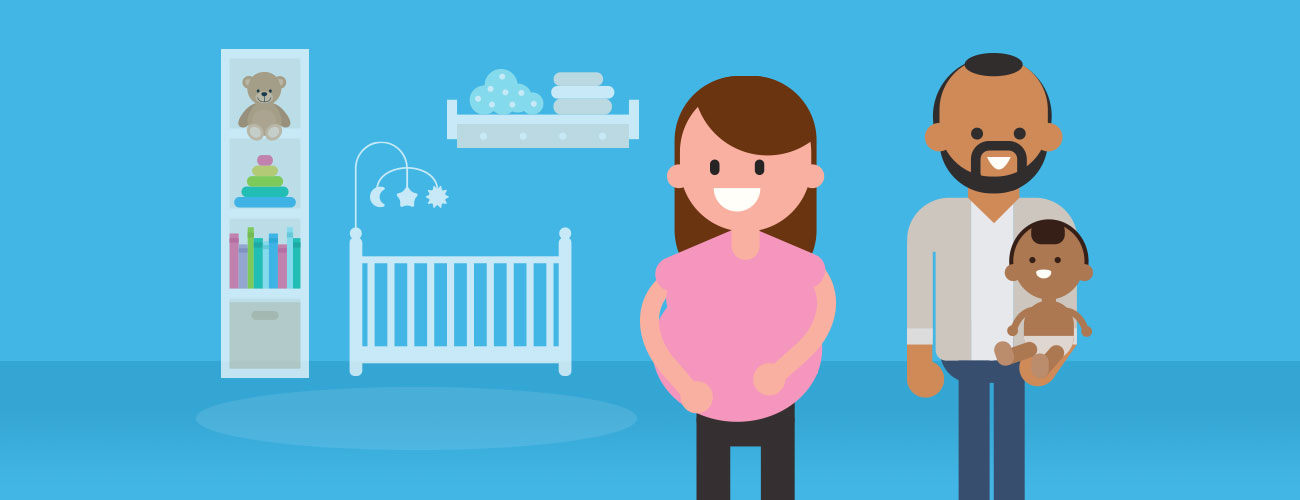

Having a baby can be a joyous time, it can also be a challenging time, it is a big life event.
Whether this is your first child, or you are adding to your family, having a baby can be a very emotional time. You might have questions, worries, or concerns, or just need some reassurance, your Health Visiting service, can support you through this important stage of your life, your transition to parenthood and throughout your child’s early years.
It is normal to experience a range of emotions during pregnancy and following the birth of your baby. If any of those emotions begin to affect your day-to-day life you may be experiencing a perinatal mental health illness. Mental health problems in the perinatal period effect 1 in 5 women. Through delivery of the Healthy Child Programme your Health visitor will provide you with support and guidance, assess for risk and signs of mental health problems, manage mild to moderate perinatal mental illness and refer on to more specialist care if this is needed.
Research has shown that the first 1,001 days of a baby’s life (covering pregnancy and the first two years) is a critical time for a child’s brain development. In the first year of life, over 1 million connections are formed in the brain every second.
Your Health visitor will assess regularly for symptoms of a perinatal mental health illness, this will commence in the antenatal period and throughout the postnatal period. In conjunction with this your Health visitor will share and signpost you to supportive information and services that may support your emotional wellbeing.
As a service we aim to work in partnership with women, partners and extended families and other health and social care professionals to provide the best possible care and early intervention, to ensure the best possible outcome for parents, their infants and families.
Please contact your Midwife, Health Visitor, GP for further information.
This website can’t provide individual clinical advice. If you are concerned about your mental health, or the health of someone close to you, please speak to your midwife, health visitor, GP or contact NHS 111.
In an emergency, contact 999





